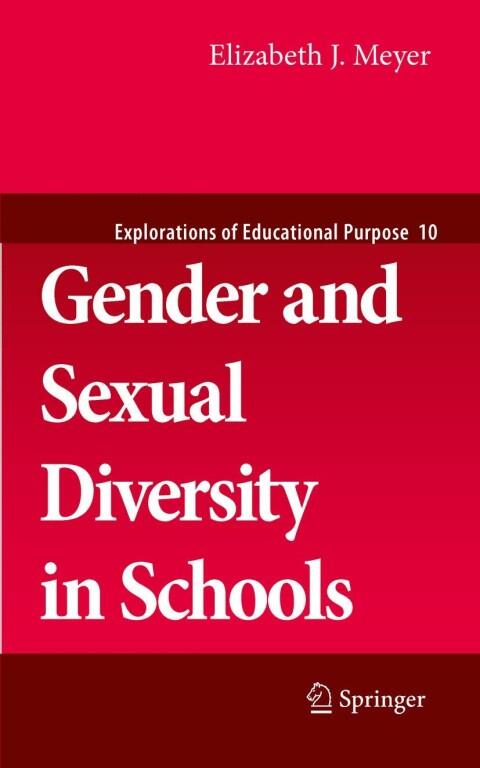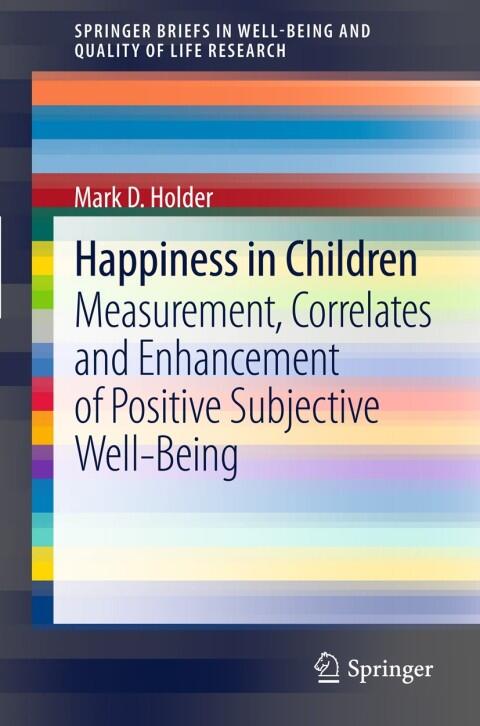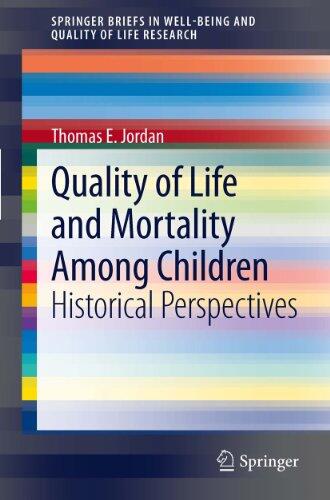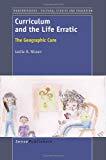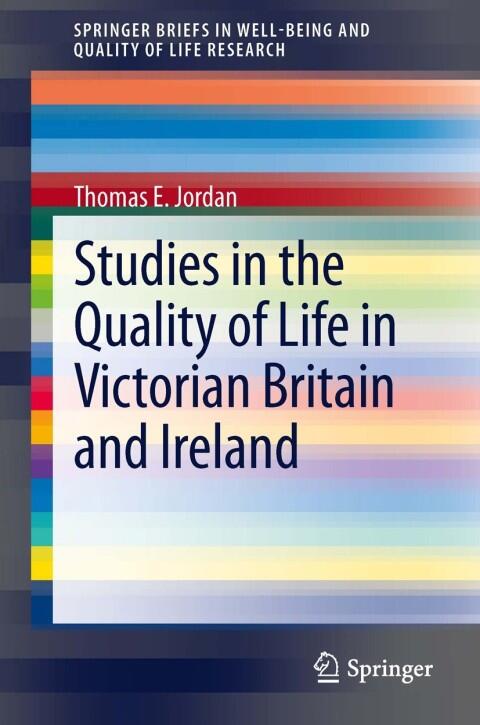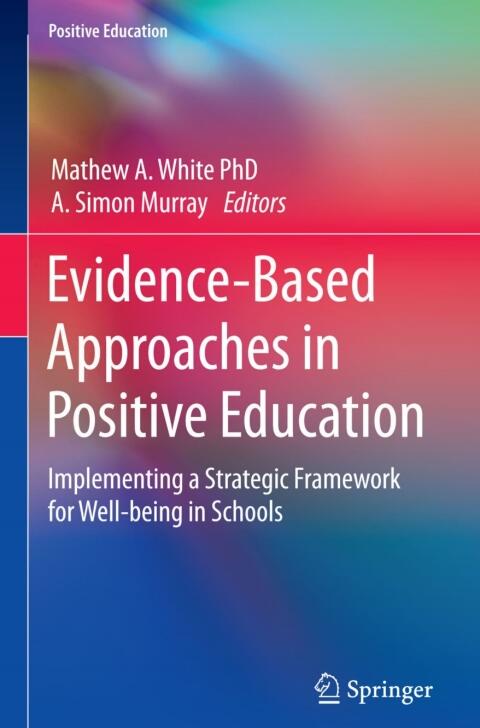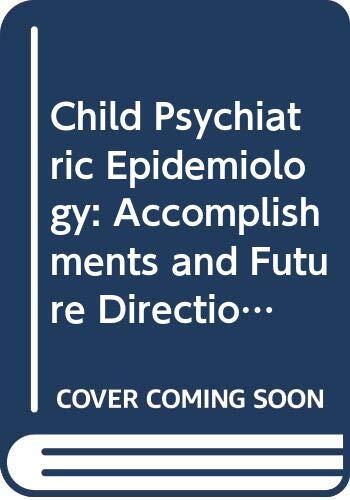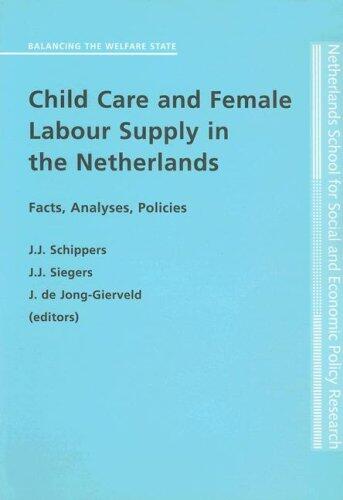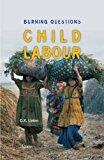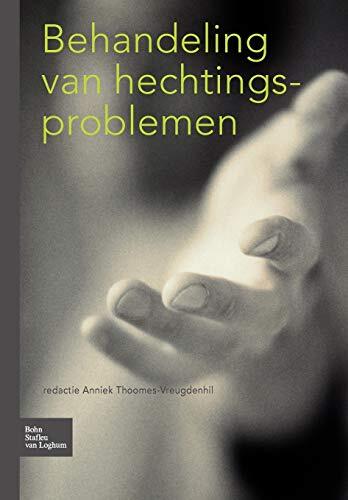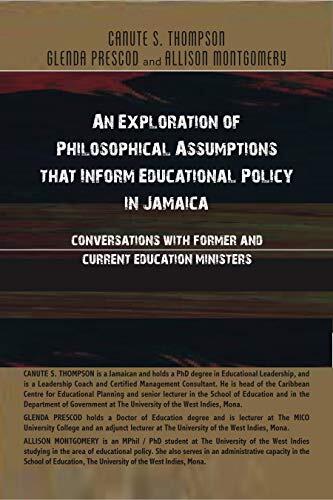
An Exploration of Philosophical Assumptions that Inform Educational Policy in Jamaica: Conversations with Former and Current Education Ministers
Nog geen beoordelingen
Children’s
Formaat
Kindle
Pagina's
61
Taal
Nederlands, Vlaams
Gepubliceerd
Jan 1, 2020
Uitgever
Arawak Publications
Editie
1
ISBN-10
9768282258
ISBN-13
9789768282255
Beschrijving
In this insightful examination of Jamaica's educational landscape, the authors delve into the philosophical underpinnings that shape the country’s educational policies. By engaging in conversations with former and current education ministers, they uncover the driving beliefs and values that influence decision-making in the realm of education. These discussions highlight how past experiences and ideological commitments impact the direction of educational reform and policy implementation.
The narrative weaves through the complexities of educational theory and practice, presenting a nuanced understanding of how philosophical assumptions interact with political dynamics in Jamaica. Through the voices of key stakeholders, the authors illustrate the challenges and triumphs faced by the country in striving for an inclusive and equitable education system.
This exploration not only enriches the discourse on education in Jamaica but also serves as a springboard for further dialogue on how such philosophical frameworks can be reconsidered to address contemporary challenges in education. The book is a significant contribution for educators, policymakers, and anyone interested in the intersection of philosophy and educational policy.
The narrative weaves through the complexities of educational theory and practice, presenting a nuanced understanding of how philosophical assumptions interact with political dynamics in Jamaica. Through the voices of key stakeholders, the authors illustrate the challenges and triumphs faced by the country in striving for an inclusive and equitable education system.
This exploration not only enriches the discourse on education in Jamaica but also serves as a springboard for further dialogue on how such philosophical frameworks can be reconsidered to address contemporary challenges in education. The book is a significant contribution for educators, policymakers, and anyone interested in the intersection of philosophy and educational policy.
Recensies
Nog geen beoordelingen
Wees de eerste om dit boek te recenseren en deel je gedachten
Voeg Eerste Recensie ToeLeeslogboek
Geen leeslogboeken gevonden
Begin met het volgen van je leesvoortgang om logboeken hier te zien
Voeg je eerste leeslogboek toeNotities
Geen notities gevonden
Begin met het toevoegen van notities om ze hier te zien
Voeg je eerste notitie toeTransactielogboek
Geen transactielogboeken gevonden
Begin met het volgen van je boektransacties om logboeken hier te zien
Voeg je eerste transactielogboek toe
